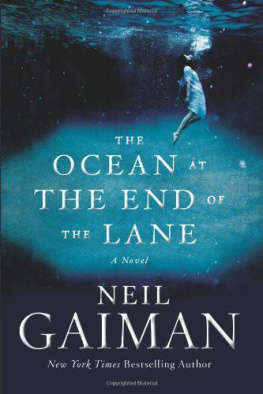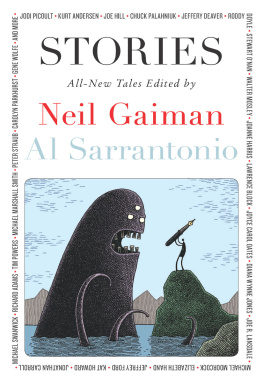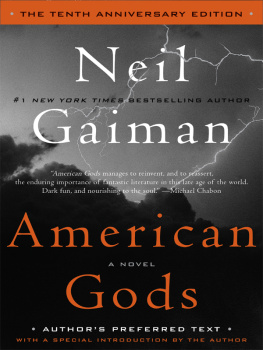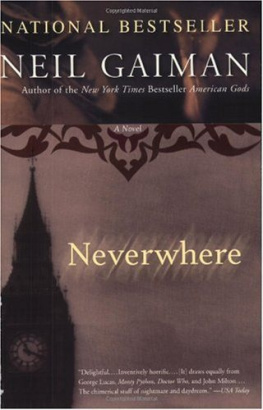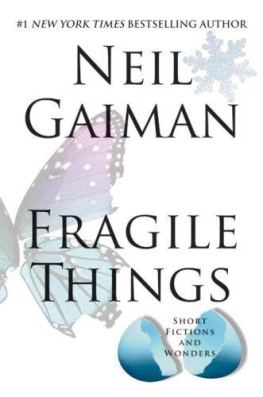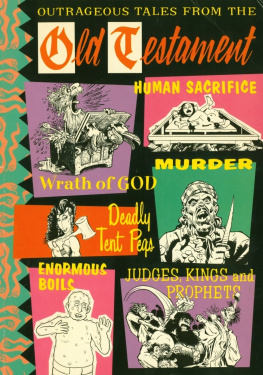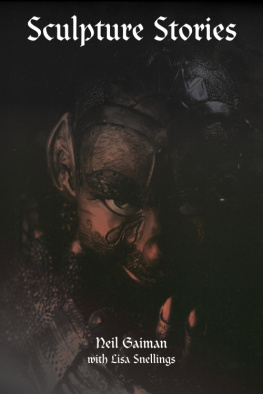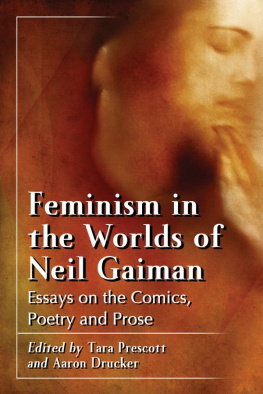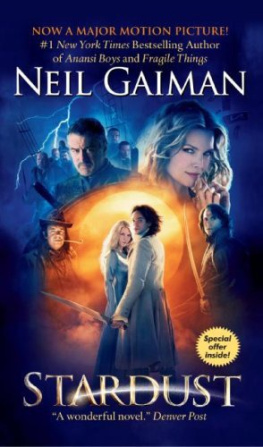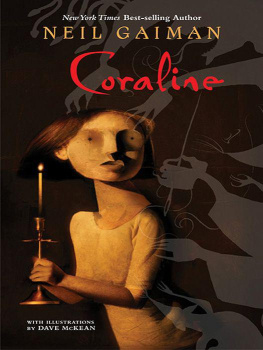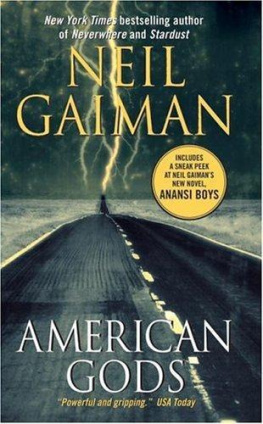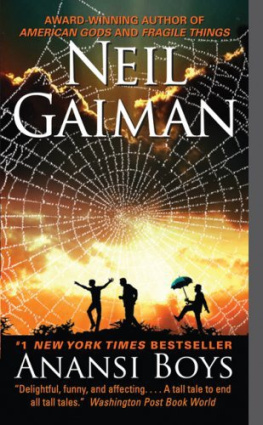Neil Gaiman - A Study In Emerald
Here you can read online Neil Gaiman - A Study In Emerald full text of the book (entire story) in english for free. Download pdf and epub, get meaning, cover and reviews about this ebook. genre: Romance novel. Description of the work, (preface) as well as reviews are available. Best literature library LitArk.com created for fans of good reading and offers a wide selection of genres:
Romance novel
Science fiction
Adventure
Detective
Science
History
Home and family
Prose
Art
Politics
Computer
Non-fiction
Religion
Business
Children
Humor
Choose a favorite category and find really read worthwhile books. Enjoy immersion in the world of imagination, feel the emotions of the characters or learn something new for yourself, make an fascinating discovery.

- Book:A Study In Emerald
- Author:
- Genre:
- Rating:3 / 5
- Favourites:Add to favourites
- Your mark:
- 60
- 1
- 2
- 3
- 4
- 5
A Study In Emerald: summary, description and annotation
We offer to read an annotation, description, summary or preface (depends on what the author of the book "A Study In Emerald" wrote himself). If you haven't found the necessary information about the book — write in the comments, we will try to find it.
A Study In Emerald — read online for free the complete book (whole text) full work
Below is the text of the book, divided by pages. System saving the place of the last page read, allows you to conveniently read the book "A Study In Emerald" online for free, without having to search again every time where you left off. Put a bookmark, and you can go to the page where you finished reading at any time.
Font size:
Interval:
Bookmark:
A Study In Emerald
Written by Neil Gaiman
1. The New Friend.
Fresh From Their Stupendous European Tour, where they performed before several CROWNED HEADS OF EUROPE, garnering their plaudits and praise with magnificent dramatic performances, combining both COMEDY and TRAGEDY, the Strand Players wish to make it known that they shall be appearing at the Royal Court Theatre, Drury Lane, for a LIMITED ENGAGEMENT in April, at which they will present "My Look-Alike Brother Tom!", "The Littlest Violet-Seller" and "The Great Old Ones Come" (this last an Historical Epic of Pageantry and Delight); each an entire play in one act! Tickets are available now from the Box Office.
It is the immensity, I believe. The hugeness of things below. The darkness of dreams.
But I am woolgathering. Forgive me. I am not a literary man.
I had been in need of lodgings. That was how I met him. I wanted someone to share the cost of rooms with me. We were introduced by a mutual acquaintance, in the chemical laboratories of St. Bart's. "You have been in Afghanistan, I perceive," that was what he said to me, and my mouth fell open and my eyes opened very wide.
"Astonishing," I said.
"Not really," said the stranger in the white lab-coat, who was to become my friend. "From the way you hold your arm, I see you have been wounded, and in a particular way. You have a deep tan. You also have a military bearing, and there are few enough places in the Empire that a military man can be both tanned and, given the nature of the injury to your shoulder and the traditions of the Afghan cave-folk, tortured."
Put like that, of course, it was absurdly simple. But then, it always was. I had been tanned nut-brown. And I had indeed, as he had observed, been tortured.
The gods and men of Afghanistan were savages, unwilling to be ruled from Whitehall or from Berlin or even from Moscow, and unprepared to see reason. I had been sent into those hills, attached to the Nth Regiment. As long as the fighting remained in the hills and mountains, we fought on an equai footing. When the skirmishes descended into the caves and the darkness then we found ourselves, as it were, out of our depth and in over our heads.
I shall not forget the mirrored surface of the underground lake, nor the thing thai emerged from the lake, its eyes opening and closing, and the singing whispers that accompanied it as it rose, wreathing their way about il like the buzzing of flies bigger than worlds.
That I survived was a miracle, but survive I did, and I returned to England with my nerves in shreds and tatters. The place that leech-like mouth had touched me was tattooed forever, frog-white, into the skin of my now-withered shoulder. I had once been a crack-shot. Now I had nothing, save a fear of the world-beneath-the-world akin to panic which meant that I would gladly pay sixpence of my army pension for a Hansom cab, rather than a penny to travel underground.
Still, the fogs and darknesses of London comforted me, took me in. I had lost my first lodgings because I screamed in the night. I had been in Afghanistan; I was there no longer.
"I scream in the night," I told him.
"I have been told that I snore," he said. "Also I keep irregular hours, and I often use the mantelpiece for target practice. I will need the sitting room to meet clients. I am selfish, private and easily bored. Will this be a problem?"
I smiled, and I shook my head, and extended my hand. We shook on it.
The rooms he had found for us, in Baker Street, were more than adequate for two bachelors. I bore in mind all my friend had said about his desire for privacy, and I forbore from asking what it was he did for a living. Still, there was much to pique my curiosity. Visitors would arrive at all hours, and when they did I would leave the sitting room and repair to my bedroom, pondering what they could have in common with my friend: the pale woman with one eye bone-white, the small man who looked like a commercial traveller, the portly dandy in his velvet jacket, and the rest. Some were frequent visitors, many others came only once, spoke to him, and left, looking troubled or looking satisfied.
He was a mystery to me.
We were partaking of one of our landlady's magnificent breakfasts one morning, when my friend rang the bell to summon that good lady. "There will be a gentleman joining us, in about four minutes," he said. "We will need another place at table."
"Very good," she said, "I'll put more sausages under the grill."
My friend returned to perusing his morning paper. I waited for an explanation with growing impatience. Finally. I could stand it no longer. "I don't understand. How could you know that in four minutes we would be receiving a visitor? There was no telegram, no message of any kind."
He smiled, thinly. "You did not hear the clatter of a brougham several minutes ago? It slowed as it passed usobviously as the driver identified our door, then it sped up and went past, up into the Marylebone Road. There is a crush of carriages and taxicabs letting off passengers at the railway station and at the waxworks, and it is in that crush that anyone wishing to alight without being observed will go. The walk from there to here is but four minutes"
He glanced at his pocket-watch, and as he did so I heard a tread on the stairs outside.
"Come in, Lestrade," he called. "The door is ajar, and your sausages are just coming out from under the grill."
A man I took to be Lestrade opened the door, then closed it carefully behind him. "I should not," he said, "But truth to tell, I have had not had a chance to break my fast this morning. And I could certainly do justice to a few of those sausages." He was the small man I had observed on several occasions previously, whose demeanour was that of a traveller in rubber novelties or patent nostrums.
My friend waited until our landlady had left the room, before he said, "Obviously, I take it this is a matter of national importance."
"My stars," said Lestrade, and he paled. "Surely the word cannot be out already. Tell me it is not." He began to pile his plate high with sausages, kipper fillets, kedgeree and toast, but his hands shook, a little.
"Of course not," said my friend. "I know the squeak of your brougham wheels, though, after all this time: an oscillating G sharp above high C. And if Inspector Lestrade of Scotland Yard cannot publically be seen to come into the parlour of London's only consulting detective, yet comes anyway, and without having had his breakfast, then I know that this is not a routine case. Ergo, is involves those above us and is a matter of national importance."
Lestrade dabbed egg yolk from his chin with his napkin. I stared at him. He did not look like my idea of a police inspector, but then, my friend looked little enough like my idea of a consulting detectivewhatever that might be.
"Perhaps we should discuss the matter privately," Lestrade said, glancing at me.
My friend began to smile, impishly, and his head moved on his shoulders as it did when he was enjoying a private joke. "Nonsense," he said. "Two heads are better than one. And what is said to one of us is said to us both."
"If I am intruding" I said, gruffly, but he motioned me to silence.
Lestrade shrugged. "It's all the same to me," he said, after a moment. "If you solve the case then I have my job. If you don't, then I have no job. You use your methods, that's what I say. It can't make things any worse."
"If there's one thing that a study of history has taught us, it is ihat things can always get worse," said my friend. "When do we go to Shoreditch?"
Lestrade dropped his fork. "This is too bad!" he exclaimed. "Here you were, making sport of me, when you know all about the matter! You should be ashamed"
"No one has told me anything of the matter. When a police inspector walks into my room with fresh splashes of mud of that peculiar mustard yellow hue on his. boots and trouser-legs, I can surely be forgiven for presuming that he has recently walked past the diggings at Hobbs Lane, in Shoreditch, which is the only place in London that particular mustard-coloured clay seems to be found."
Font size:
Interval:
Bookmark:
Similar books «A Study In Emerald»
Look at similar books to A Study In Emerald. We have selected literature similar in name and meaning in the hope of providing readers with more options to find new, interesting, not yet read works.
Discussion, reviews of the book A Study In Emerald and just readers' own opinions. Leave your comments, write what you think about the work, its meaning or the main characters. Specify what exactly you liked and what you didn't like, and why you think so.

